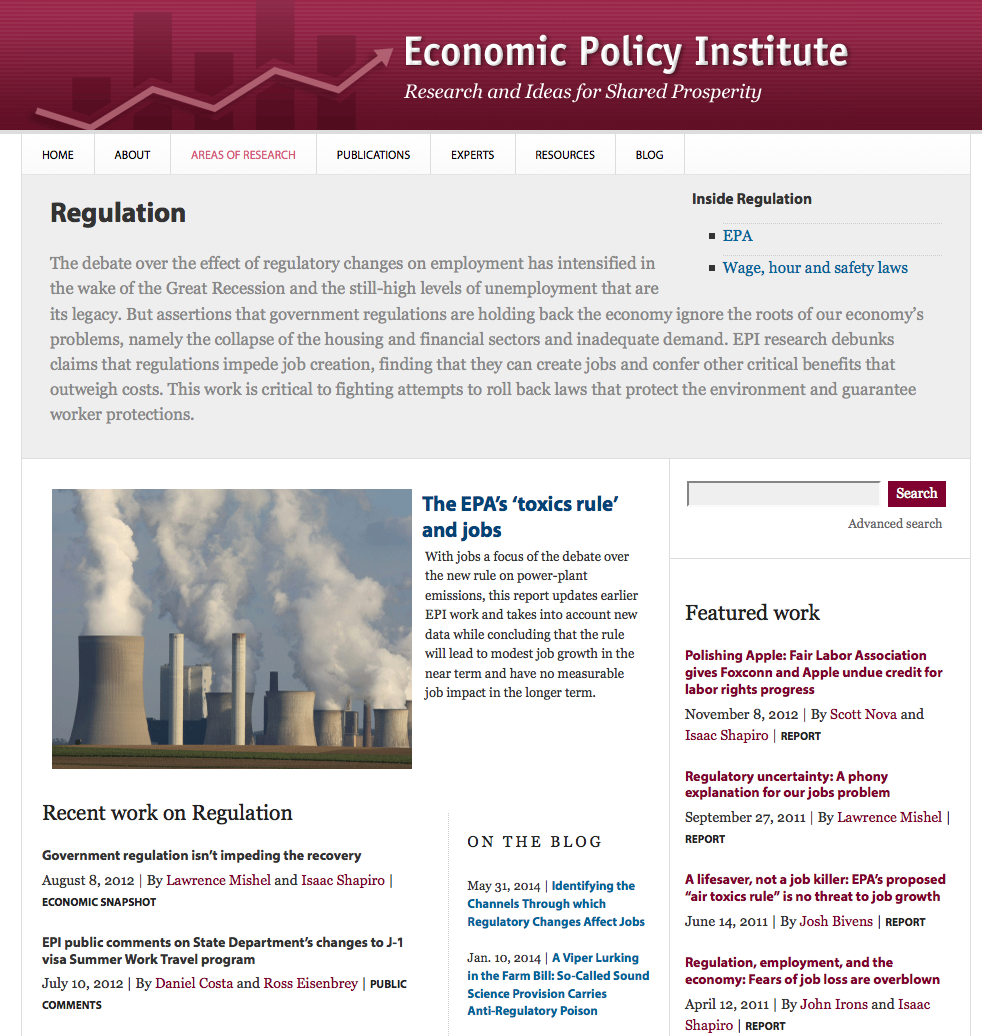Let the Good Times Roll Again.
With Only $93 Billion in Profits,
the Big Five Oil Companies Demand
to Keep Tax Breaks

SOURCE: AP/Mel Evans
Lifting the crude oil export ban, as some Big Oil companies are lobbying to do, could raise gasoline prices at filling stations such as this BP in Lakewood, New Jersey.
View data on Big Oil’s year-end profits (.xls)
The 2013 profit totals are in for the big five oil companies—BP, Chevron, ConocoPhillips, Exxon Mobil, and Shell. Their financial reports indicate that they earned a combined total of $93 billion last year, or $177,000 per minute. (see Table 1) After years of oil production declines, the big five oil companies actually increased their total production* in 2013, predominately due to BP and ConocoPhillips almost doubling their total production. The companies’ higher oil production yet lower profits indicate that it is becoming more expensive to produce oil as the number of newer, easier, and cheaper fields shrink. This is why, despite their outsized earnings, the oil companies are not only fighting to keep their tax breaks but also lobbying to lift the crude oil export ban. But doing so could hurt working families, our economy, and our energy security. Instead, we need to invest in cleaner transportation alternatives.
As mindboggling as it sounds, Big Oil’s $93 billion in profits in 2013—impressive by any standard—were nonetheless a 27 percent reduction in profits compared to 2012, primarily because gasoline averaged 16 cents per gallon—or 4 percent—less. Despite the decreases, Exxon Mobil, Shell, and Chevron still had the first, seventh, and eighth, respectively, highest profits of any global public company on the 2013 Fortune 500 list. BP finished 30th, while ConocoPhillips ranked 50th, mostly because it spun off its refining business partway through 2012.
It would not be surprising if the big five oil companies use their 2013 decline in profits as another excuse to pressure Congress to retain their $2.4 billion-per-year tax breaks. The largest of these special provisions allows these companies to qualify for the “limitation on…
(Click here for the full story at Center for American Progress)



